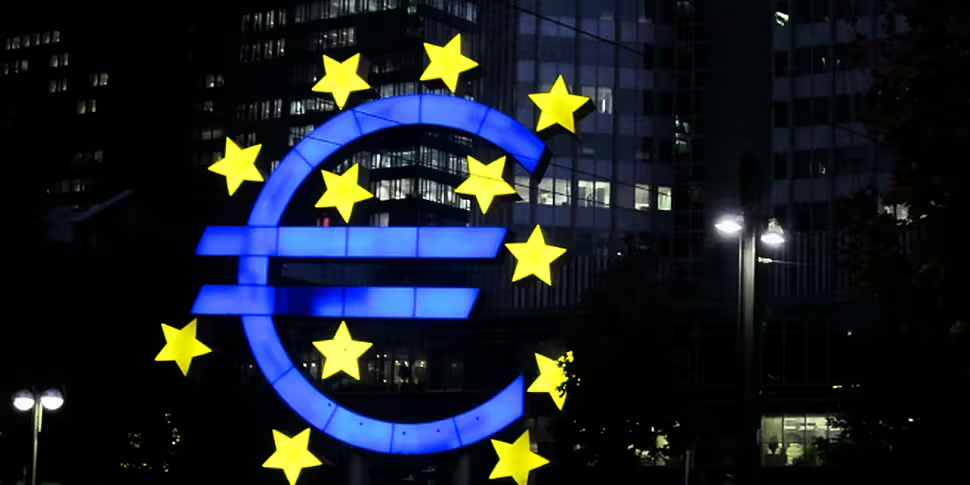The monetary union has officially entered deflation, with tumbling oil costs tipping Europe towards its latest crisis.
Eurostat, the EU's statistics agency, said prices in what was then the 18-country euro area were 0.2% lower in December than the previous year.
The main reason behind the slide from the 0.3% inflation rate recorded in November was the plunging oil price, which is being passed on to motorists at the fuel pumps.
The decline was bigger than anticipated and likely to cement expectations that the European Central Bank (ECB) will soon implement a more aggressive monetary stimulus to boost economic activity.
The main problem with deflation is the fact that consumers hold off making purchases, believing prices will be cheaper at a later date.
Deflation dogged the Japanese economy for decades and economists say it remains the biggest threat to recovery in the euro area.









